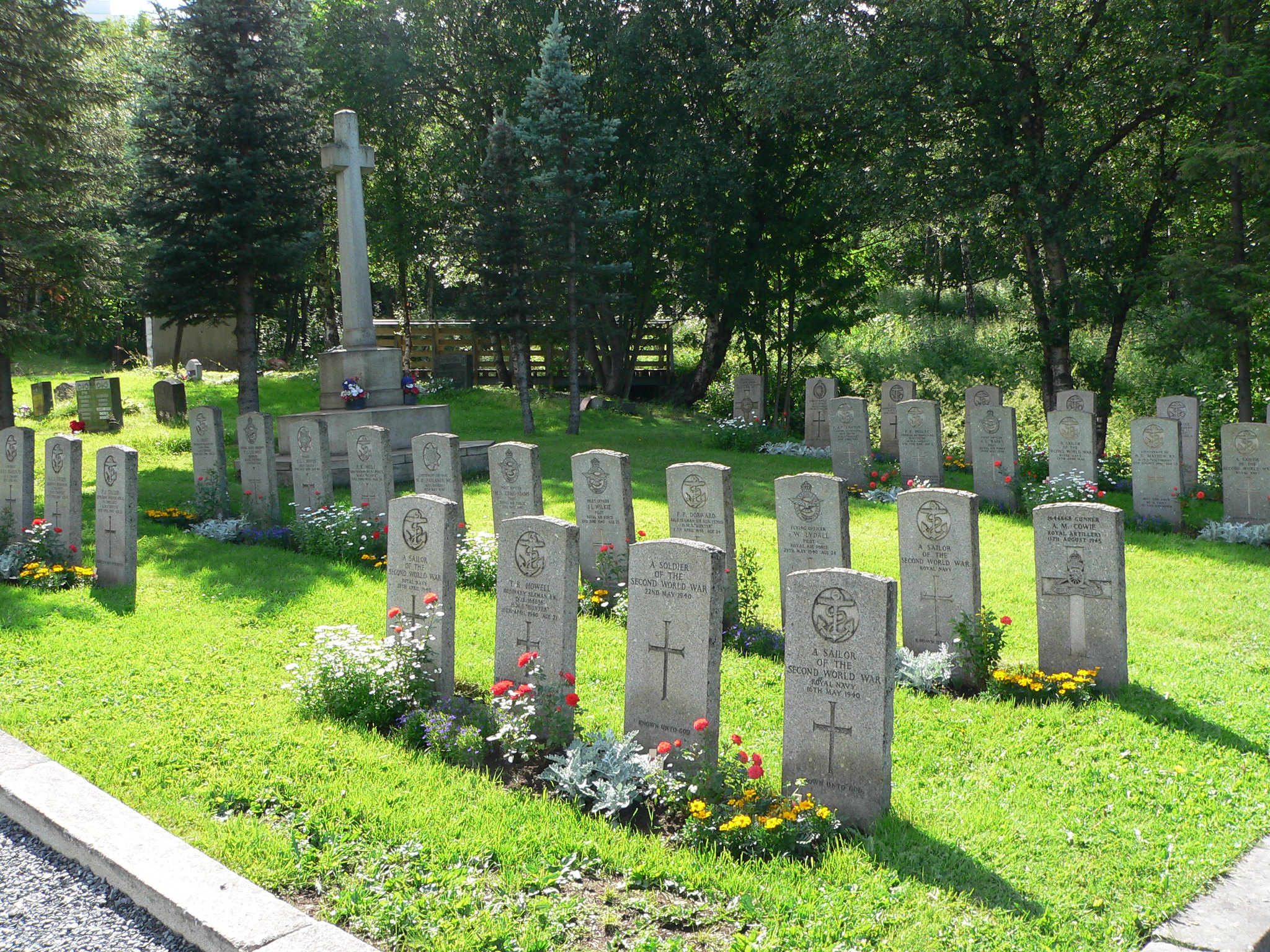Written by Ellena Matthews
On 29 January 2020, the Centre for War, Media and Society had the pleasure of welcoming Professor Lucy Noakes (Essex) to the University of Kent to present their annual lecture. The lecture coincided with the release of Professor Noakes’ new publication Dying for the Nation: Death, Grief and Bereavement in Second World War Britain.
Noakes opened the lecture with an analysis of Noel Coward’s 1945 film, Brief Encounter. As Noakes revealed, analysis of the film’s narrative and reception provides insight into the emotional economy of the nation. The film, which stars Celia Johnson as Laura Jessen, tells the story of a married doctor, a suburban housewife and their doomed love affair. In the film, Jessen places the needs of her family over her own, an act which requires emotional control, and as such, the film reflects the wider nature of emotional restraint which permeated the 1940s. In particular, the use of cinematic lighting and contrasts in sound reflect extremes through the way that they conveyed the tone and mood of the scene. Johnson’s acting also reflects the emotional labour needed to control feelings beneath a calm exterior, for example, Jessen’s reaction to the loss of her lover Alec Harvey would have resonated with viewers who were managing, and containing, their own grief and loss. Indeed, as Noakes argued, Brief Encounter reflected the post war expectation which surrounded the display of emotion; namely that overpowering, disruptive grief should be contained and controlled.
During the Second World War, hundreds of thousands of civilian and service personnel were killed, yet, the bereaved were expected to keep emotion private. This was encouraged both during the conflict and after 1945. As Noakes detailed, in a post-war world, feelings mattered. While the public were encouraged to respond to the atrocities of war and feel and validate political positions, grief remained an emotion which was controlled in the post-war period. In the face of soldiers’ deaths, displays of grief were constructed as an inward and selfless display of emotion; instead, the bereaved were encouraged to remain outwardly restrained so as not to undermine the sacrifice made by the nation’s armed forces. In the emotional economy of the post-war period, where the public were expected to stoically manage personal and national loss, displays of grief were positioned as letting down the dead.
However, spaces did exist which supported the display of grief and loss. In newspapers, memoriam notices enabled families to publicly remember their loved ones and served as spaces for the bereaved to recognise those who had died on active service. These notices, whilst acting as a reminder of individual sacrifice, also enabled displays of grief to spread into the public sphere. Local acts of remembrance such as annual services which were conducted around public memorials, and anniversary editions of newspapers, recognised the dead and provided important outlets for family members to remember their relatives. However, these public and civic acts of remembrance often centred around specific dates such as Remembrance Sunday; as such, the commemoration of the war dead were often contained to a specific date and a specific space.
As Noakes concluded, the bereaved of post-war Britain had to contain and control their grief. As society were encouraged to look forward, Britain, as a nation focused overwhelmingly on reconstruction, had little space to look back and publicly mourn their war dead. Through examining sites where grief was expressed and controlled, Noakes’ lecture highlighted new ways that scholars can approach the study of death, grief and bereavement.
Ellena Matthews is a PhD candidate in the School of History at the University of Kent, working on the construction and representation of civilian heroism in Second World War London.
Image Credit: English graves by Alexander Nilssen/Flickr, License: CC BY-SA 2.0.

